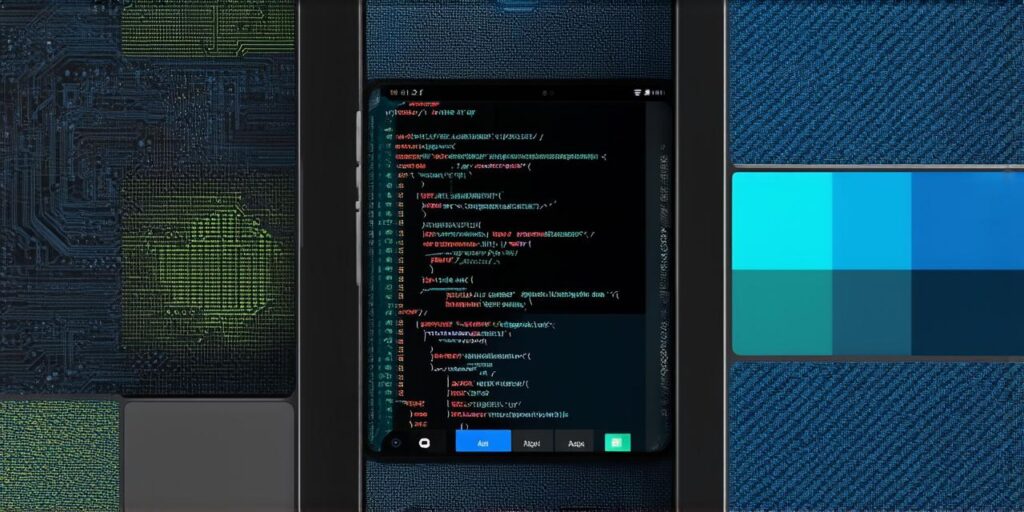MVP stands for Minimum Viable Product. It is a term commonly used in the tech industry to refer to a product that has just enough features to be useful and valuable to its target audience.

In the context of mobile app development, an MVP is a mobile application with only the essential features required to meet the needs of its users.
The primary goal of an MVP is to test the market demand for the product and gather feedback from users. This allows developers to identify which features are most important and prioritize their development efforts accordingly.
By starting small, developers can also minimize the risk and cost associated with building a full-featured application that may not be successful in the market.
An MVP typically includes only the basic functionality required for the app to function properly, such as user authentication, data storage, and basic navigation. It may also include some limited customization options or features that are specific to the target audience.
However, it is important to note that an MVP does not necessarily have to be a barebones version of the final product. It can still include some advanced features or unique selling points that set it apart from other similar products on the market.
Once the feedback from users has been collected and analyzed, developers can then use this information to improve upon the MVP by adding new features or refining existing ones.
This iterative development process allows developers to quickly adapt to changing market conditions and user needs, resulting in a product that is better suited to meet the demands of its target audience.
In summary, an MVP is a mobile application with only the essential features required to meet the needs of its users. It is designed to test the market demand for the product and gather feedback from users, which allows developers to identify which features are most important and prioritize their development efforts accordingly.
By starting small and iteratively improving upon the MVP, developers can create a successful mobile application that meets the needs of its target audience.



